By WANG Fan and CHEN Mengtong
DES MOINES, September 25, 2022 (CNS) - Economic and trade cooperation, especially in agriculture, is the ballast of China-U.S. relations. Since the re-establishment of diplomatic ties, the two countries have initiated technical exchanges and cooperation in agriculture. Iowa, the state known as the "granary of the United States," plays a vital role in agricultural cooperation with China. In 1983, it signed an agreement with Hebei Province as a sister province/state, and the vitality of exchanges has always been maintained.
But in recent years, China-U.S. relations have suffered from adverse factors such as the Covid-19 pandemic and high tariffs. Still, people in both countries are as eager as ever to pursue mutually beneficial cooperation in agriculture. Last year, for the first time, bilateral trade in agricultural products reached a record $46.4 billion dollars last year, indicating that China and the United States have restored normal agricultural trade after setbacks.
Kenneth M. Quinn, honorary president of the World Food Prize Foundation, witnessed the growth of China-U.S. agricultural exchanges and cooperation, having visited China many times since 1979. From 2000 to 2020, he participated in frequent agricultural cooperation. In an inclusive interview with China New Service’s East-West Quest, he gave his interpretation of China-U.S. agricultural cooperation and trade, global food security and other topics. He said high tariffs would impede further development of agricultural products trade and was more inclined to open markets and free trade.
Here are excerpts from the interview:
China News Service: What is your view of agricultural cooperation between China and United States?
Kenneth M. Quinn: The year 1979 saw the beginning of agricultural exchanges between the United States and China. That year, delegation from Iowa, under the leadership of Gov. Robert Ray, visited China for the first time. The next year, a delegation from Hebei paid a return visit to the United States, and I had the honor of accompanying them on their visit to Iowa. Since then, the U.S.-China cooperation in the agricultural field has undergone gradual development.
In 2012, during a visit to the United States, then vice-president Xi Jinping paid an inspection tour to Iowa, and the two countries' friendship reached a new height. The Plan of Strategic Cooperation in Agriculture was jointly signed by U.S. Secretary of Agriculture Tom Vilsack and Chinese Minister of Agriculture Han Changfu to establish collaboration in multiple areas and key cooperation projects.
China’s economy has developed rapidly in the last few decades. No matter how time flows, the United States and China should remain committed to agricultural cooperation. In the decades of my career, I have deeply realized that agricultural cooperation is crucial to achieving world peace and eliminating poverty. To meet the needs of food for nearly 10 billion people in the world 25 years from now, the United States and China should work together to strengthen scientific research cooperation in agriculture and information-sharing, while working together to address global challenges, including climate change, and help increase food production worldwide.
CNS: Is there any useful experience in agricultural development that China and the United States can borrow from each other?
Quinn: As to the agricultural development, I think the American model and the Chinese model are the same, to some extent. Both countries place high importance on creating the road network, cultivating quality grain seeds and promoting new techniques. Here Prof. Yuan Longping, one of the greatest agricultural scientists in the world, must be mentioned. His achievements on hybrid rice are of exceptional significance.
As a traditional agricultural state in the United States, Iowa's most valuable experience is road-building. In the 1930s, Iowa began to build highways in the state. All Iowa's roads are connected, creating crisscross transport where every mile there is a road connecting east and west, and another connecting north and south. No matter which farms we start from, our agricultural products can be quickly transported to all parts of the United States.
CNS: Do you know about the rebound in U.S. exports of agricultural products to China in the last two years? How important is agricultural trade to bilateral relations?
Quinn: The export scale of agricultural products from the United States to China is very large. Considering farm products trade, agriculture can help solidify China-U.S. friendship and deepen the cooperation, so the agricultural products trade is of vital importance in the economic and trade relationship between China and the United States. We sincerely hope that the relationship can be steered in a positive direction.
CNS: What effect do you think the tariff will have on American agricultural households?
Quinn: In general, the tariff will be a hindrance to the development of the farm products trade. I prefer the open market and free trade. Of course, we should also protect intellectual property. On the one hand, we should protect copyrights related to science, and on the other hand, we should be willing to share research materials and data that have entered the public domain.
CNS: In the global grain shortage triggered by Ukraine crisis, how should China and the United States cooperate on food security?
Quinn: First of all, the United States and China should clearly expound their respective political principles and make a pledge to each other. And then both countries should strive to carry out studies and promote exchanges so that researchers in academic institutions can enhance connectivity, publish and share scientific research achievements. Such collaboration is needed, and both countries should continually create opportunities to enhance cooperation.
On the issue of food security, can the United States and China jointly organize a delegation to Africa to conduct research with the African Development Bank, the African Green Revolution Alliance and other institutions and put forward effective suggestions for local food production? In this way, with the joint efforts of high-level experts from the United States and China, the two countries’ investment will bring positive effects to agricultural production on the African continent, and also contribute to agricultural development in more difficult areas.
Surely agricultural forums and symposiums still play a significant role, in which officials and professional scholars can bring forward their viewpoints and provide some useful suggestions that can be of great help in dealing with food security challenges.
CNS: Does agricultural cooperation positively impact the relationship between China and the United States?
Quinn: Of course. If China and the United States expand practical and effective cooperation in agriculture, I am sure the positive impact will be brought to each aspect of China-U.S. relations. Since it is a consensus that such cooperation can help both of us a lot, we should endeavor to step up our cooperation.
That reminds me of what I have said to leaders and officials of African countries when I attended the meetings. My words are: Why did the African Development Bank, the International Fund for Agricultural Development and other institutions not invite U.S. and Chinese officials to have a dialogue on agricultural issues on African land? Perhaps African countries can unite China and the United States much better.
CNS: What new areas in agriculture can China and the United States explore?
Quinn: There are many frontier fields in agricultural science that are worth exploring in both countries. The United States and China should make joint efforts and cooperate on research. Some experiments can be conducted in a province of this country, and some may be more suitable for other countries. In the case of joint research achievements, both countries should give reports and evaluate how to use these technologies together effectively.
------------------------
(Translated by QIN Qian )








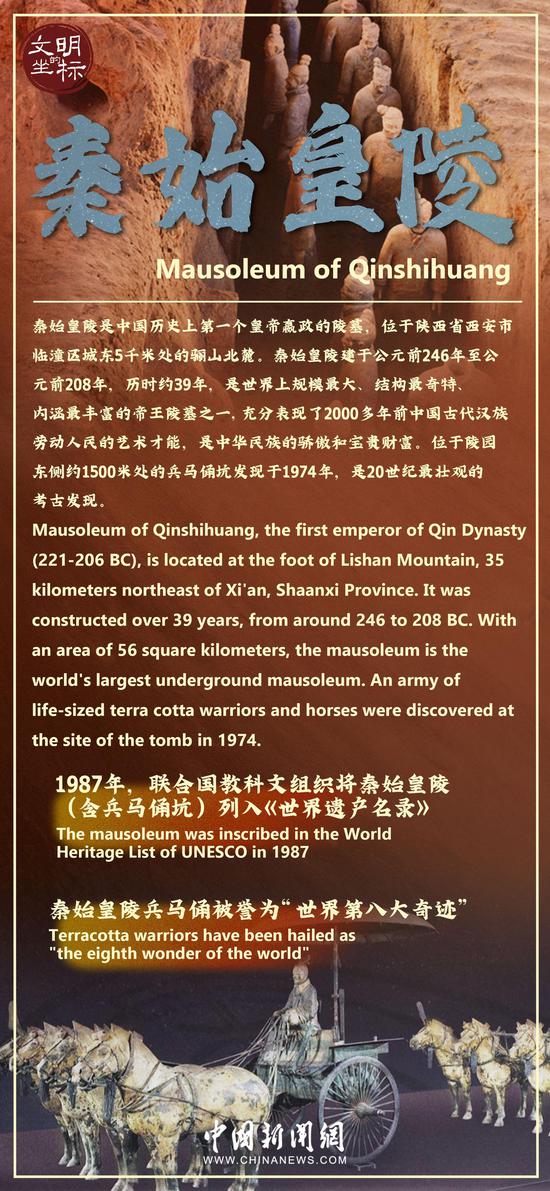
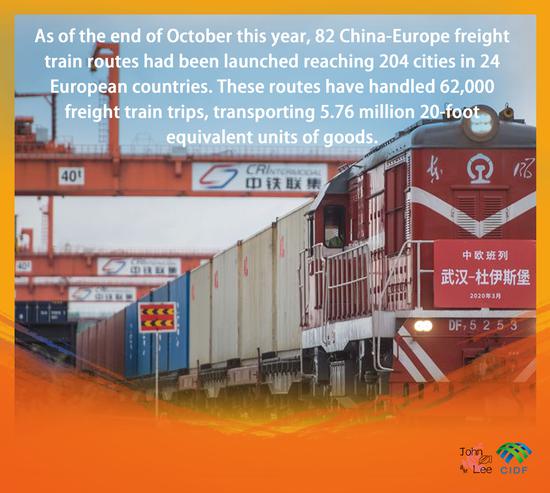
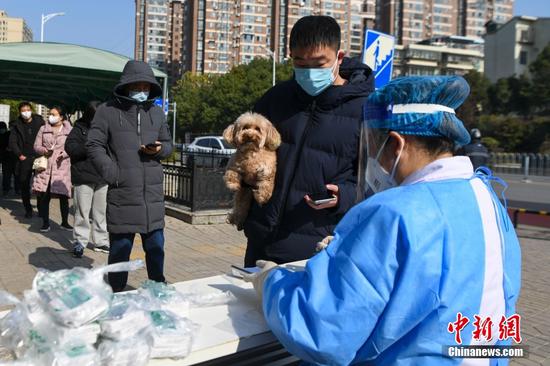



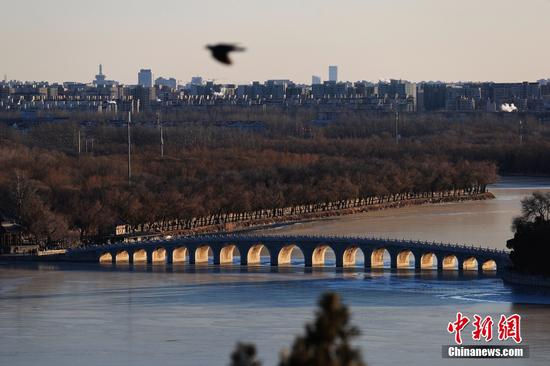
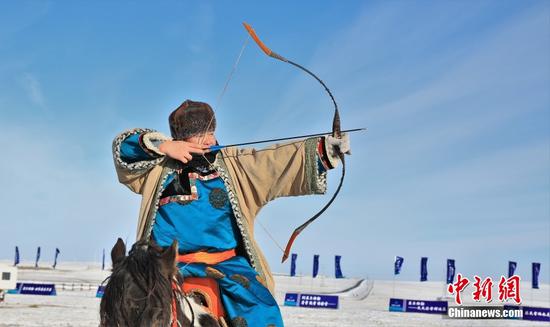

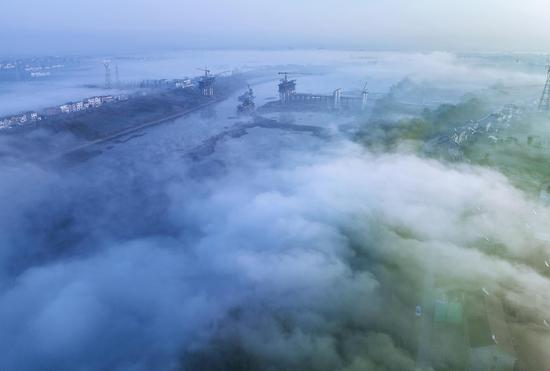

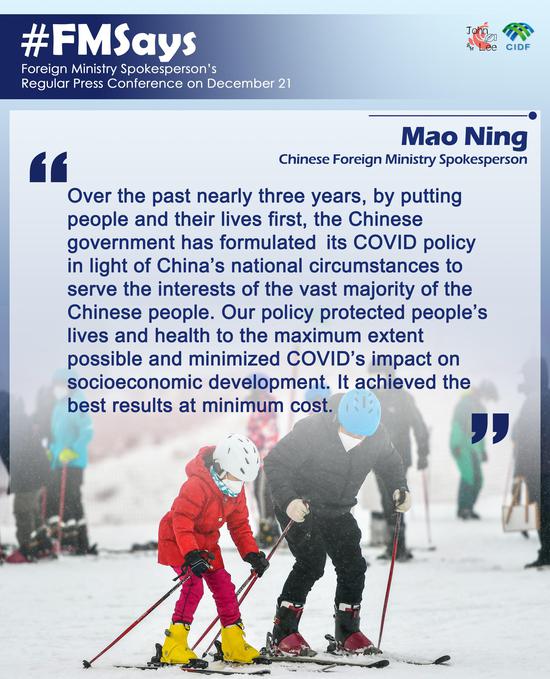


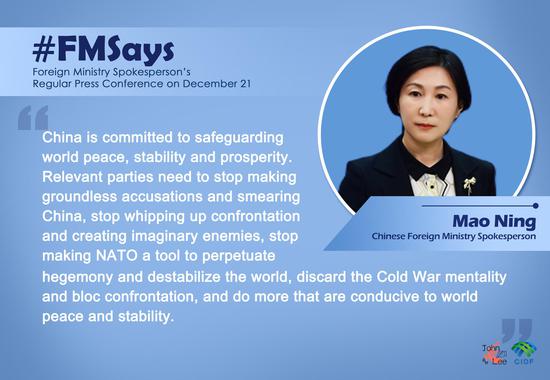

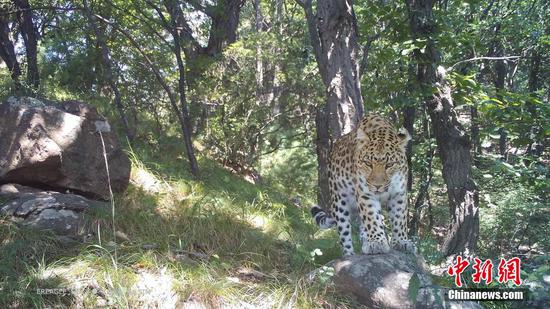
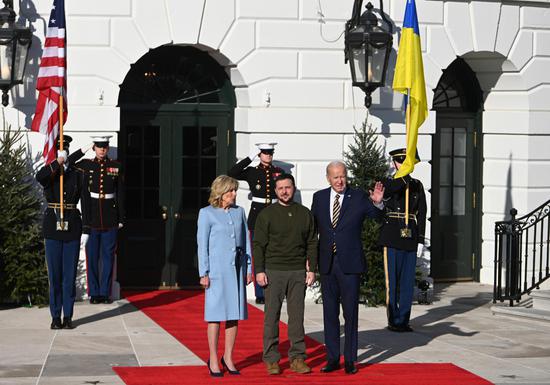

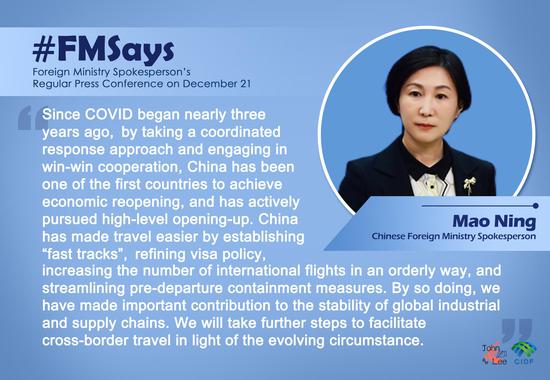

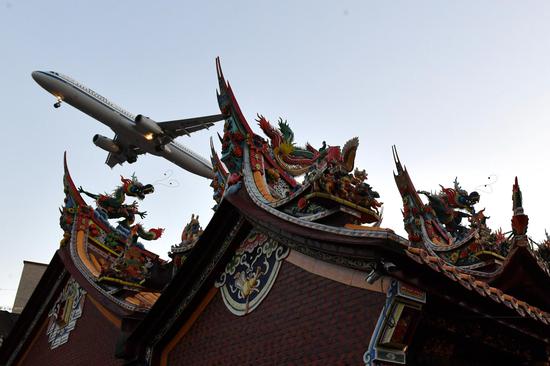

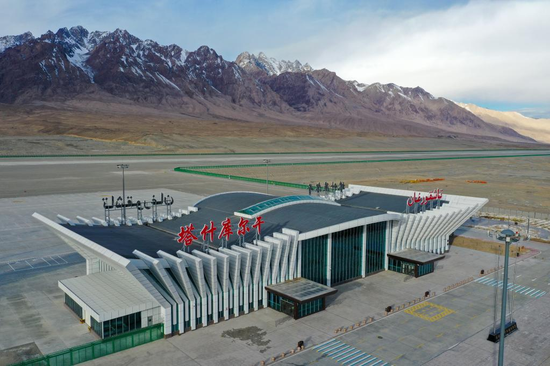
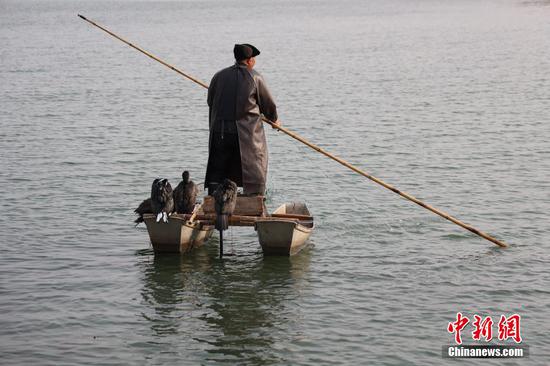
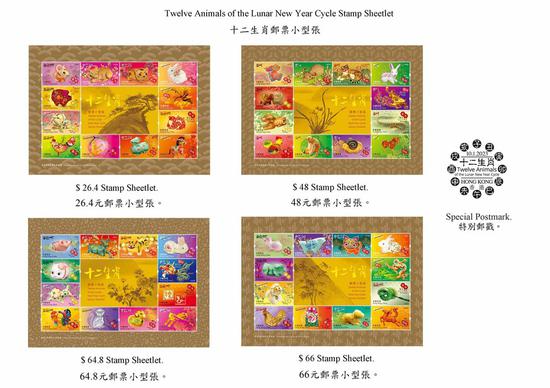
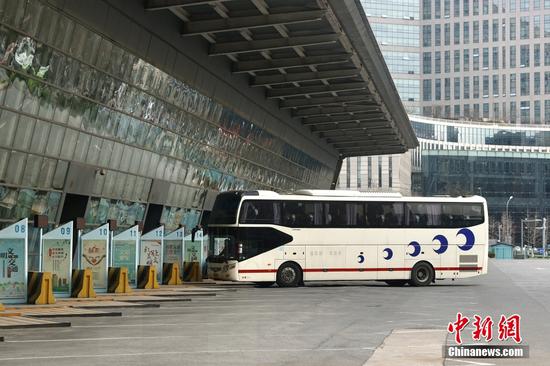

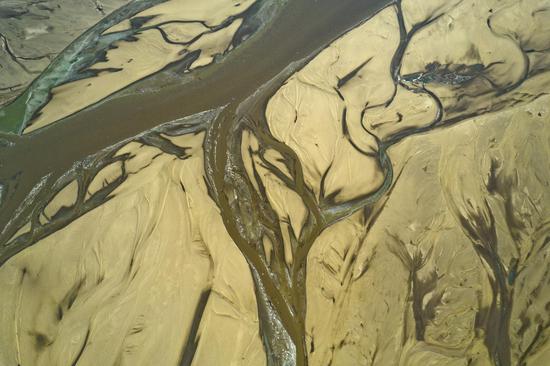


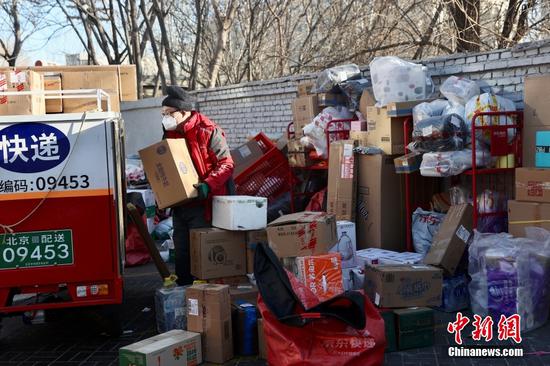




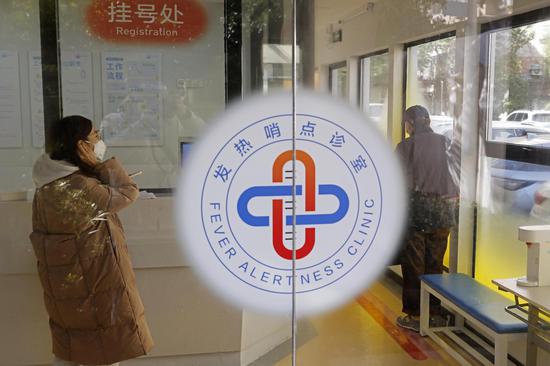





 京公网安备 11010202009201号
京公网安备 11010202009201号